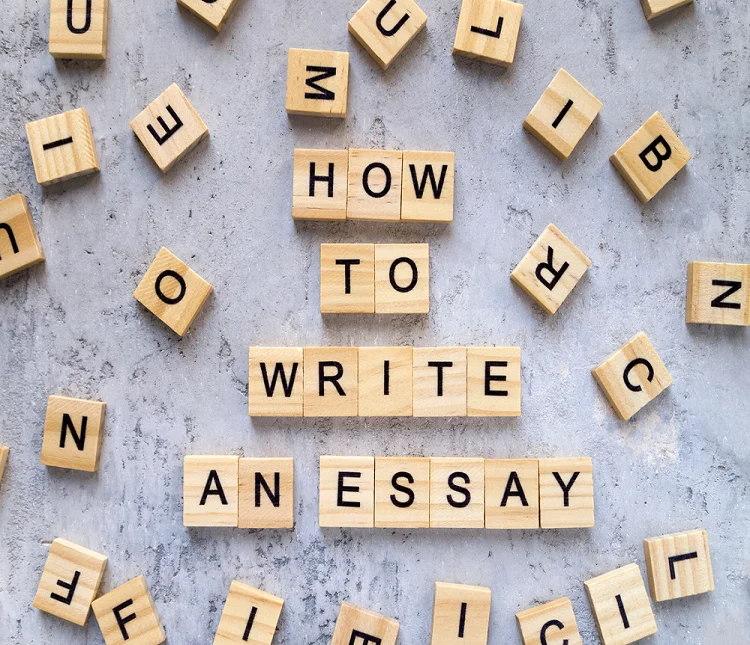
Before writing a critical essay, you need to understand the topic you are writing about. A good critical essay topic will allow you to identify the thesis and major points of the author’s work. The essay should be sharp, precise, and clear. It should also focus on issues that are viewed from several perspectives. It should also be based on reputable sources and platforms. You should use up-to-date materials and a relevant format for the essay.
Identifying the author’s thesis when writing a critical essay
Identifying the author’s thesis is an important step in writing a critical essay. You can do this by analyzing the way the author presents the argument in the text. Depending on the topic of the essay, you can consider the author’s background and bias in forming your opinion. You should also consider the author’s reasoning for their choice of thesis and whether it is based on evidence or not.
The thesis statement is generally the author’s stance on a subject, and it should be easy to find. However, identifying the author’s thesis may take some research, so you should familiarize yourself with the subject before writing your essay. Some literary works may have a single thesis, while others may have several main ideas supporting their thesis. To find the thesis, read the text multiple times, and look for any ideas that support it.
Identifying the main points
Identifying the main points of a critically-oriented essay is an important part of the writing process. It is imperative to research the topic thoroughly and use appropriate secondary sources to support your points. Often, these sources are books, articles in scholarly journals, magazine articles, and websites. The sources you use should be reliable and provide you with strong evidence for your main points.
The central portion of your critical essay should show a clear understanding of the text and how it connects to literature and culture. This part usually consists of three to four paragraphs.
Finding a good topic for a critical essay
Finding a good topic for a critical paper can be challenging. Luckily, there are several resources available to help you find a topic that will spark your creativity. A popular choice is to choose a controversial topic. This type of essay can allow you to explore a wide variety of topics and create a powerful argument. You can also choose a topic from a famous work of literature or a controversial article.
What is a critical essay and how to find a topic for a critical essay is to consult an encyclopedia or other reference work on the topic. These books will give you a good overview of the topic and provide you with key terms to use when researching online. You can also check out library subject guides to see what resources are available.
Identifying the main body
Identifying the main body of a critically-written essay is an important part of the writing process. It helps the reader follow the argument of the essay. The sequence in which the paragraphs are structured will depend on the type of argument the essay is attempting to make. Each body paragraph should present a different fact or piece of information, while still being related to the main topic. A good essay writer should read widely and use other resources to develop a strong argument. The writer should also be aware of any conflicting opinions or other analyses of the source.
The main body of a critical essay should have a thesis statement that discusses the central theme of the text. It should also explain the author’s message and the communication techniques that the author used to convey it. It’s important to note that “critical” does not mean “denigrate”; the goal is to analyze the topic without being negative. text and is able to provide a strong analysis.
Identifying the conclusion
When writing a critical essay, it is important to identify the conclusion. This is the part of your composition that summarizes the key points you’ve discussed throughout the essay. Rather than stating a general opinion, the conclusion should be specific to the work you’re writing about. It should highlight its strengths and weaknesses and state its significance. The tone of the conclusion should also convey a sense of confidence to the reader.
Author Bio
Ellie Cross is a research-based content writer, who works for Cognizantt, a globally recognised wordpress development agency uk and Research Prospect, a Tjenester til at skrive afhandlinger og essays. Ellie Cross holds a PhD degree in mass communication. He loves to express his views on a range of issues including education, technology, and more.


